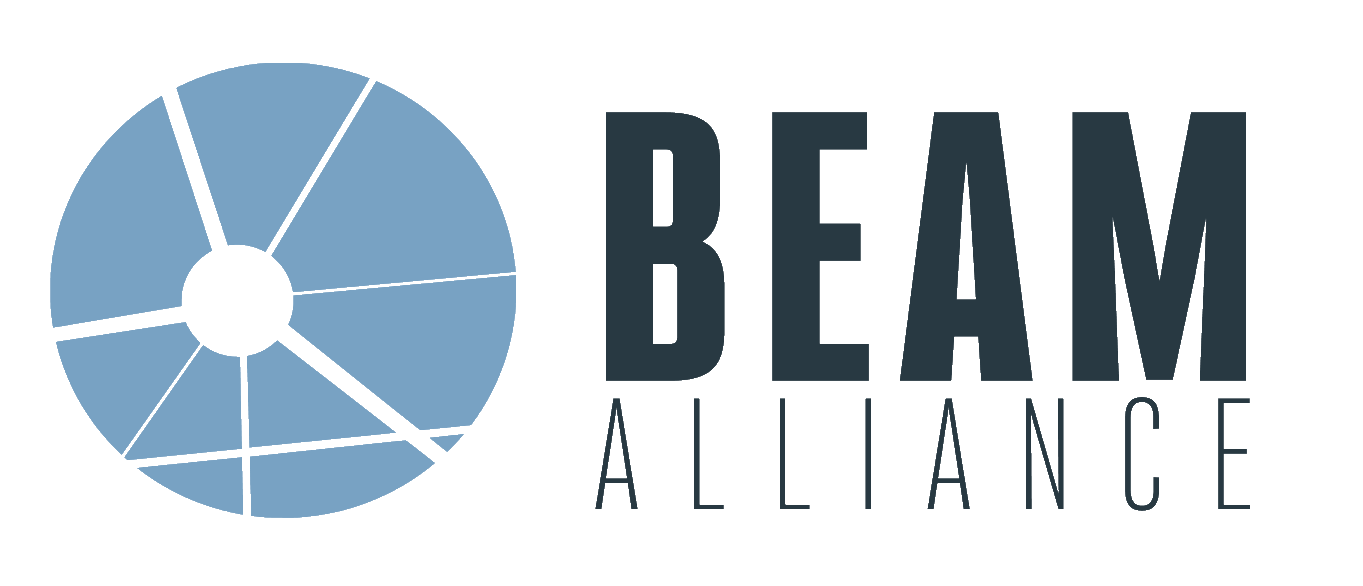Infex scientists achieve breakthrough to overcome critical priority drug resistant infections
- Infex Therapeutics

Alderley Park, Cheshire – One of the UK’s leading infectious disease biotech companies has announced a breakthrough in an antimicrobial resistance (AMR) program that targets urinary tract infections caused by World Health Organisation critical-priority drug-resistant Gram-negative bacteria.
In January 2022, an authoritative report in the Lancet reported almost 5 million deaths associated with bacterial AMR worldwide, with drug-resistant Escherichia coli (Ec) and Klebsiella pneumonia (Kp) reported as the number 1 and number 3 killers.
Carbapenem antibiotics have become a vital tool in the fight against multi-drug resistant infections and, as highlighted in the January 2022 issue of The Lancet Infectious Diseases, the use of these important drugs is now being undermined through new resistance mechanisms.
MET-X is a novel therapy designed to help restore the function of antibiotics that have become ineffective due to drug resistance created by bacterial enzymes known as metallo-β-lactamases (MBLs) which break down β-lactam antibiotics, including carbapenems.
MBL enzymes effectively destroy carbapenem antibiotics before they can kill the bacteria and, worryingly, this resistance mechanism is easily transferable from one species of bacteria to another. The spread of MBL enzymes has the potential to greatly diminish the number of treatment options for organisms such as Ec and Kp.
There is no current effective treatment available for carbapenem-resistant MBL infections other than the ‘last line of defence’ drugs tigecycline and colistin, both of which have significant side effects, restricting use to the most critically ill patients. Tigecycline also has low plasma concentrations, so is unsuitable for bloodstream infections causing sepsis. Colistin shows significant liver and kidney toxicity alongside other serious side effects.
Therefore, early results revealed by Infex Therapeutics’ MET-X program represent a vital milestone. Infex’s scientists have developed a “best in class” broad-spectrum MBL inhibitor, capable of restoring carbapenem activity in otherwise resistant bacteria.
In a panel of 484 globally-sourced MBL carrying strains, Infex’s preclinical candidate compound was shown to greatly improve carbapenem efficacy, outperforming other potential drugs currently being considered for the treatment of infections caused by β-lactamase producing organisms. This restorative ability has also been demonstrated in in vivo infection models in mice.
The patent-protected compound is currently progressing through preclinical development for urinary tract infections caused by WHO critical-priority resistant Gram-negative bacteria. With regulated manufacture complete, and safety screening and stability testing underway, the target is for the project to enter first-in-human Phase 1 clinical trials at the end of 2022.
Dr Peter Jackson, executive director, Infex Therapeutics said: “Our mission is to overcome resistance mechanisms and develop new treatments for serious infections. We are therefore delighted and encouraged to see our MET-X programme produce these really exciting preclinical results. MET-X is our first MBL inhibitor and our work to date suggests it can live up to its promise as the most effective broad-spectrum therapy against the emerging class of superbugs.
“There are alarming reports from individual countries and regions indicate that MBL infections are endemic in large areas of Asia, Africa and Eastern Europe, and rising elsewhere. In the UK, the number of MBL clinical samples reported to Public Health England rose exponentially from zero in 2008 to over 1,200 in 2018.
“We’re thrilled to share these developments at what is a very exciting time for our brilliant team at Infex Therapeutics. In addition to MET-X, we’re making excellent progress on our RESP-X programme, an anti-virulence therapy in-licensed from Japanese pharma company Shionogi designed to help the body tackle Pseudomonas aeruginosa infections, a hard to treat drug-resistant pathogen recognised by the WHO as a critical threat to human health.
“Simultaneously, our pandemic resilience strategy continues apace with preclinical proof of concept achieved for our COV-X program, a novel anti-viral therapy designed to treat SARS-CoV-2 along with future variants and a broad spectrum of coronaviruses.
“We’re taking action now to develop the treatments that will protect the health, wellbeing and economies of the world in future pandemics, and look forward to sharing more exciting news throughout the year.”
Full PR available here.

